Inhaltsverzeichnis
In recent years, Delta-8 THC or delta-8-tetrahydrocannabinol (Δ8-THC) has gained increasing attention in the world of cannabinoids. But what exactly is delta-8 THC, where does it come from, what is its composition and what are its possible uses?
What is Delta-8 THC?
Delta-8-tetrahydrocannabinol, better known as delta-8 THC, is a psychoactive cannabinoid found in the plant Cannabis sativa. This plant is known for its two main variants: marijuana and hemp. Delta-8 THC is one of over 100 cannabinoids found in the cannabis plant. While delta-9 THC is found in high concentrations in marijuana, delta-8 THC is found in very small amounts in the plant. This low natural concentration makes it economically impractical to extract delta-8 THC directly from the plant, which is why delta-8 THC is usually made from cannabidiol (CBD) extracted from hemp to achieve higher concentrations.
The Importance of Cannabidiol (CBD)
A crucial step in obtaining delta-8 THC is the use of cannabidiol (CBD), which is found in high concentrations in hemp. Hemp is more legal and accessible than marijuana, making it a preferred source for producing delta-8 THC. CBD serves as the starting material for chemical conversion into delta-8 THC.
production of Delta-8 THC
The production of Delta-8 THC is mainly done through a chemical conversion process also known as isomerization. This process consists of several steps:
Extraction of CBD: First, CBD is extracted from the hemp plant. This is usually done using processes such as CO2 extraction, which offer a high level of purity and efficiency.
Isomerization: The extracted CBD is then subjected to a chemical process that converts it into Delta-8 THC. This is done under controlled conditions using special acids and solvents to change the molecular structure of the CBD. Isomerization changes the position of the double bonds in the molecule, creating Delta-8 THC.
Purification: After isomerization, the resulting Delta-8-THC must be purified to remove impurities and byproducts. This is done through various techniques such as distillation and chromatography.
Final product: The purified Delta-8-THC is finally processed into various forms such as oils, tinctures, foods or vaporizers and prepared for consumption.

quality and safety
Delta-8 THC: Origin, Production and Risks
In recent years, Delta-8 THC or delta-8-tetrahydrocannabinol (Δ8-THC) has gained increasing attention in the world of cannabinoids. But what exactly is delta-8 THC, where does it come from, what is its composition and what are its possible uses?
What is Delta-8 THC?
Delta-8-tetrahydrocannabinol, better known as delta-8 THC, is a psychoactive cannabinoid found in the plant Cannabis sativa. This plant is known for its two main variants: marijuana and hemp. Delta-8 THC is one of over 100 cannabinoids found in the cannabis plant. While delta-9 THC is found in high concentrations in marijuana, delta-8 THC is found in very small amounts in the plant. This low natural concentration makes it economically impractical to extract delta-8 THC directly from the plant, which is why delta-8 THC is usually made from cannabidiol (CBD) extracted from hemp to achieve higher concentrations.
The Importance of Cannabidiol (CBD)
A crucial step in obtaining delta-8 THC is the use of cannabidiol (CBD), which is found in high concentrations in hemp. Hemp is more legal and accessible than marijuana, making it a preferred source for producing delta-8 THC. CBD serves as the starting material for chemical conversion into delta-8 THC.
production of Delta-8 THC
The production of Delta-8 THC is mainly done through a chemical conversion process also known as isomerization. This process consists of several steps:
Extraction of CBD: First, CBD is extracted from the hemp plant. This is usually done using processes such as CO2 extraction, which offer a high level of purity and efficiency.
Isomerization: The extracted CBD is then subjected to a chemical process that converts it into Delta-8 THC. This is done under controlled conditions using special acids and solvents to change the molecular structure of the CBD. Isomerization changes the position of the double bonds in the molecule, creating Delta-8 THC.
Purification: After isomerization, the resulting Delta-8-THC must be purified to remove impurities and byproducts. This is done through various techniques such as distillation and chromatography.
Final product: The purified Delta-8-THC is finally processed into various forms such as oils, tinctures, foods or vaporizers and prepared for consumption.

quality and safety
The quality and safety of Delta-8 THC products depends heavily on the manufacturing processes used and the care taken in cleaning. Since the manufacturing process involves chemical reactions, it is important that the products are tested for residues of solvents, acids, and other potentially harmful substances. Certified laboratory testing is essential to ensure that the final products are safe and free of contaminants.
challenges in production
There are some challenges involved in producing Delta-8 THC. One of the biggest challenges is that isomerization and purification must be done in controlled environments to ensure high quality and purity. Inadequate manufacturing methods can result in products that contain contaminants that are harmful to health.
Another problem is the legal gray area in which Delta-8-THC exists. While hemp and its derivatives were legalized in the USA with the 2018 Farm Bill, the legal situation for Delta-8 THC is not clearly regulated in all states. This can lead to legal uncertainty and risks for producers and consumers.
composition and effect
Delta-8 THC has a similar chemical structure to Delta-9 THC, the cannabinoid responsible for the "high" when consuming marijuana. The difference lies in the position of a double bond between two carbon atoms. However, this seemingly small chemical variation results in different effects in the human body.
Delta-8 THC binds to the cannabinoid receptors of the body's endocannabinoid system in a similar way to Delta-9 THC. This binding influences various physiological processes and can produce psychoactive effects. The effects of Delta-8 THC are reported to be milder than those of Delta-9 THC, making it more attractive to some consumers who want to experience the psychoactive effects of THC but prefer a less intense experience.
Applications of Delta-8 THC
-
Medical Applications
Many people use Delta-8 THC for medicinal reasons. It is said to have similar therapeutic effects to Delta-9 THC, including pain relief, anti-inflammatory, appetite enhancement, and nausea control. Some studies suggest that Delta-8 THC may also have anxiolytic (anti-anxiety) properties, which could make it useful for treating anxiety.
-
recreational use
Due to its milder psychoactive effects, Delta-8 THC is also valued for recreational use. Consumers report a clearer, less intense high than Delta-9 THC, making it an attractive option for those who want to experience the psychoactive effects of THC without feeling overwhelmed.
-
Legality and Regulation
The legal situation of Delta-8 THC varies from country to country and even state to state. In many regions where marijuana is illegal, Delta-8 THC exists in a gray area. Because it is derived from hemp, which was federally legalized in the US through the 2018 Farm Bill, Delta-8 THC is legal in some states. However, it is important to check the specific legislation in your region, as regulations can change quickly.
-
forms of consumption
Delta-8 THC is available in a variety of forms, including oils, tinctures, capsules, edibles (like gummies), vaporizer products, and flower. This variety allows consumers to choose the method of consumption that is most comfortable and convenient for them.
How does Delta-8 THC work in the body?
Delta-8 THC works by binding to the cannabinoid receptors in the body's endocannabinoid system (ECS). The ECS plays an important role in regulating various physiological processes such as pain sensation, appetite, mood, and memory. The cannabinoid receptors, particularly the CB1 receptors in the brain, are responsible for the psychoactive effects of THC.
Psychoactive effect
The psychoactive effects of Delta-8 THC are often described as milder compared to Delta-9 THC. Users report a clearer, less intense high that produces less of the anxiety and paranoia sometimes associated with Delta-9 THC. This makes Delta-8 THC particularly attractive to those who want to enjoy the psychoactive effects of THC without feeling overwhelmed.
Medical Benefits
- Pain and anti-inflammatory: Delta-8 THC has similar pain-relieving and anti-inflammatory properties as Delta-9 THC. Studies show that it can help reduce chronic pain and inflammation, making it a potential option for people with chronic pain disorders.
- Nausea and Appetite: Delta-8 THC is known to reduce nausea and increase appetite. This can be especially useful for cancer patients undergoing chemotherapy who suffer from nausea and loss of appetite.
- Reduce anxiety and stress: Many users report that Delta-8-THC has a calming effect and helps reduce anxiety and stress. These anti-anxiety properties make it an attractive option for people looking for natural alternatives to manage anxiety.
Side effects and safety
Although Delta-8 THC is considered safer and less intense than Delta-9 THC, there are some possible side effects. The most commonly reported side effects include
Dry mouth : A common symptom when taking cannabinoids.
Red eyes : A known side effect of products containing THC.
Increased appetite : Often referred to as "cravings," this can be seen as both a benefit and a disadvantage.
Drowsiness : Some users report feeling tired or sleepy after taking Delta-8 THC.
Anxiety : Although less common than with Delta-9 THC, anxiety may occur in some individuals.
comparison to other cannabinoids
Delta-9 THC vs. Delta-8 THC: While Delta-9 THC is known for its strong psychoactive effects, Delta-8 THC offers a milder alternative that is less intense and causes fewer side effects such as anxiety or paranoia.
CBD vs. Delta-8 THC: CBD (cannabidiol) is non-psychoactive and is often used for its calming and anti-inflammatory properties. Delta-8 THC, on the other hand, is mildly psychoactive and can provide similar therapeutic benefits to CBD, but with the added benefit of a mild high.
forms of consumption
Delta-8 THC is available in several forms:
- Oils and tinctures: For precise dosing and easy application.
- Food: Gummies, chocolate and other foods that contain Delta-8 THC.
- Vape products: For fast and effective absorption.
- Capsules: A discreet and easy way to consume Delta-8 THC.
Safety and side effects
Although Delta-8 THC is considered safer than Delta-9 THC, there are still potential risks and side effects. The most commonly reported side effects include dry mouth, red eyes, increased appetite, drowsiness, and occasionally anxiety. Since chemicals are often used in the production of Delta-8 THC, it is also important to make sure that products come from trusted sources to avoid contaminants.



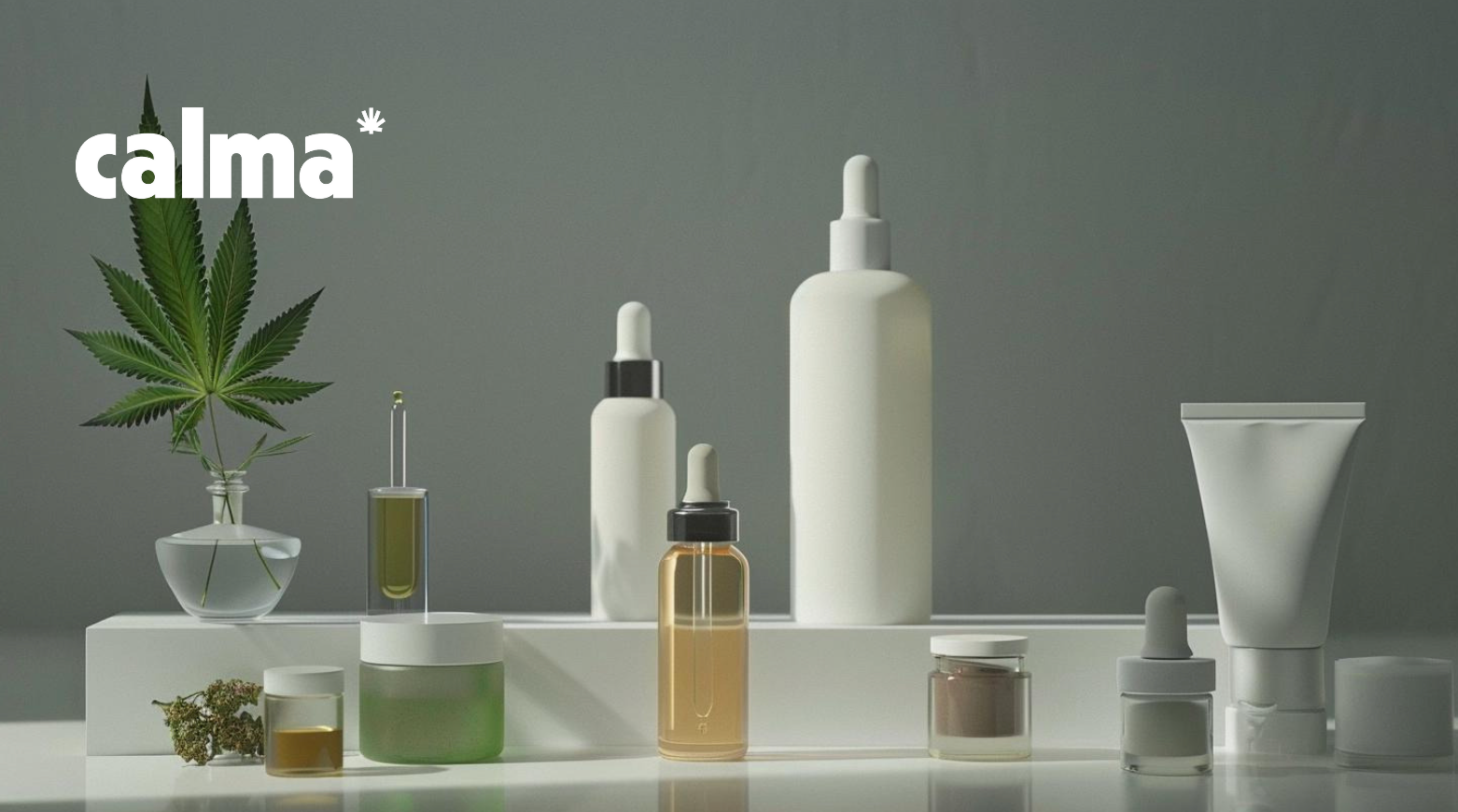
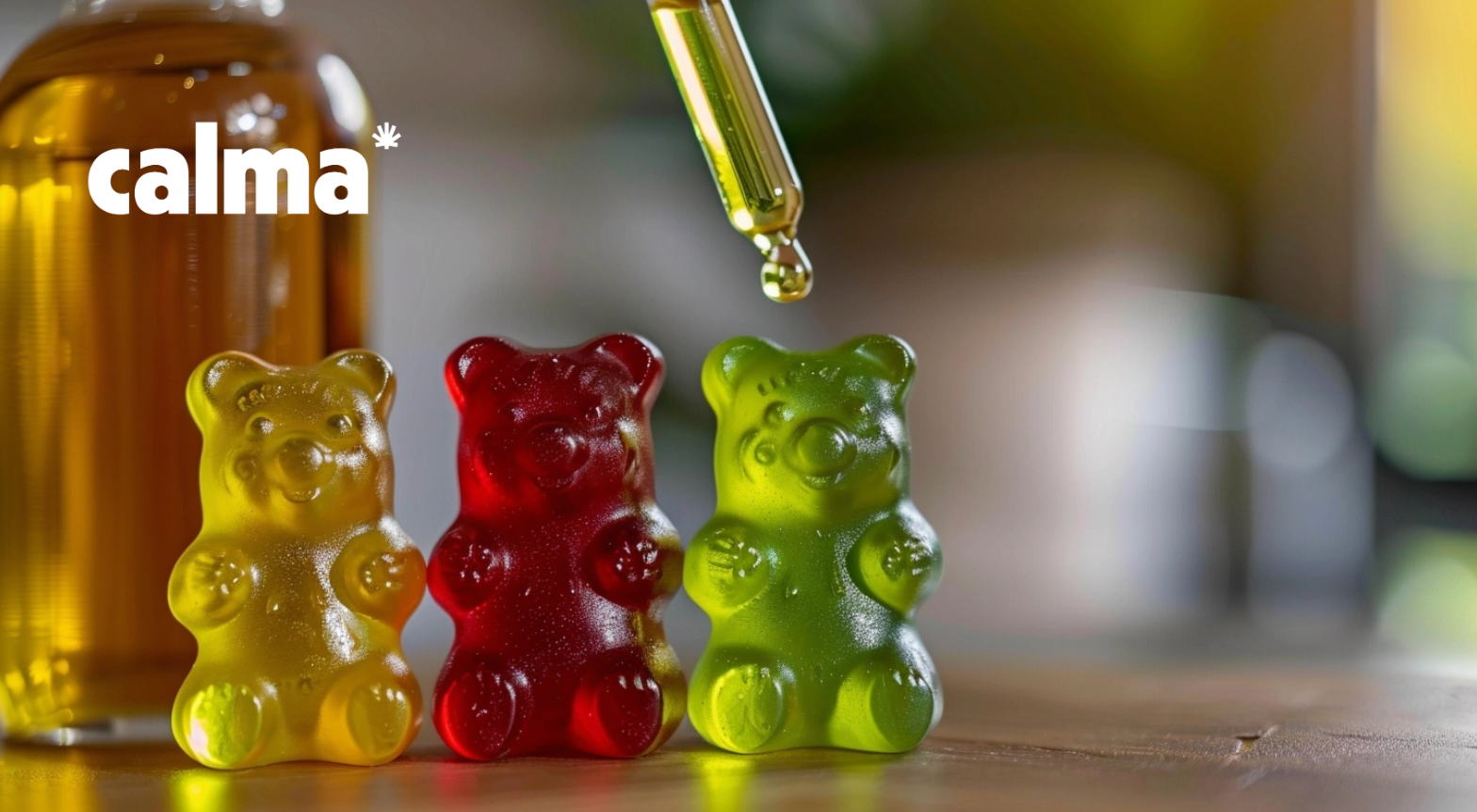

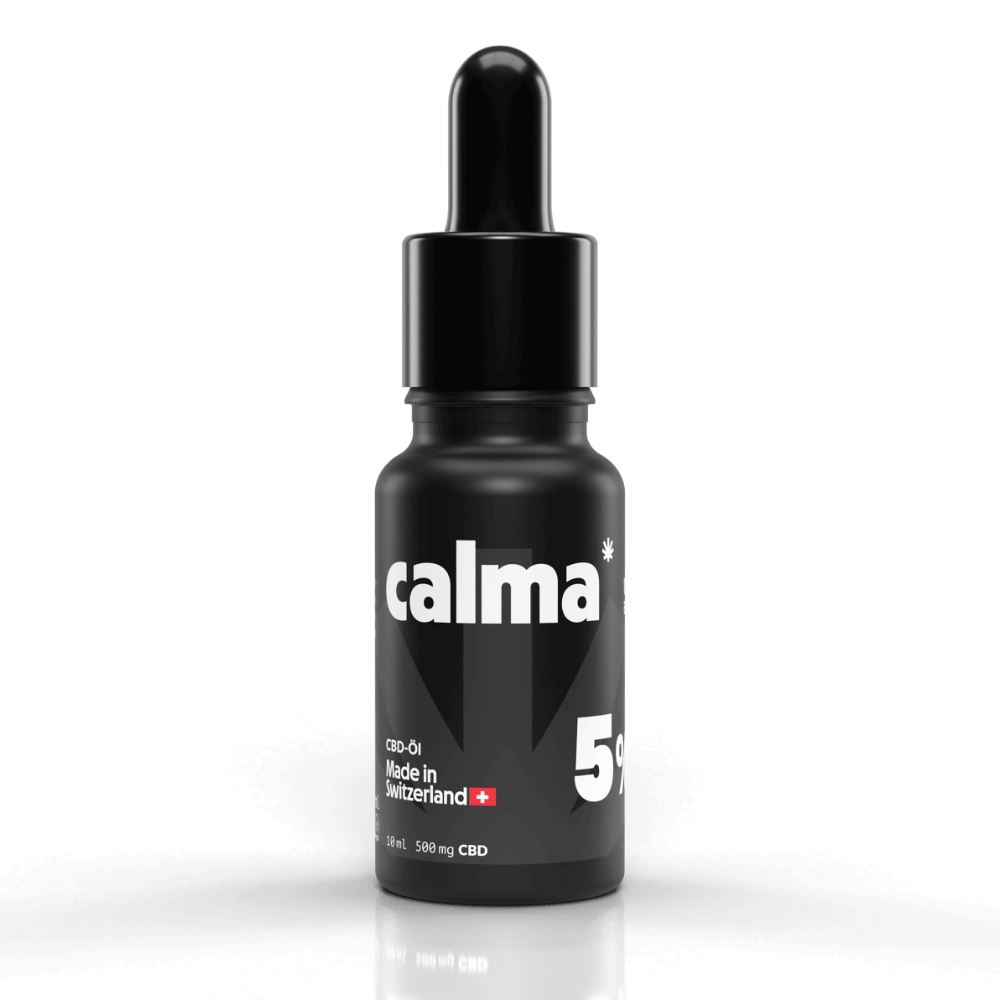
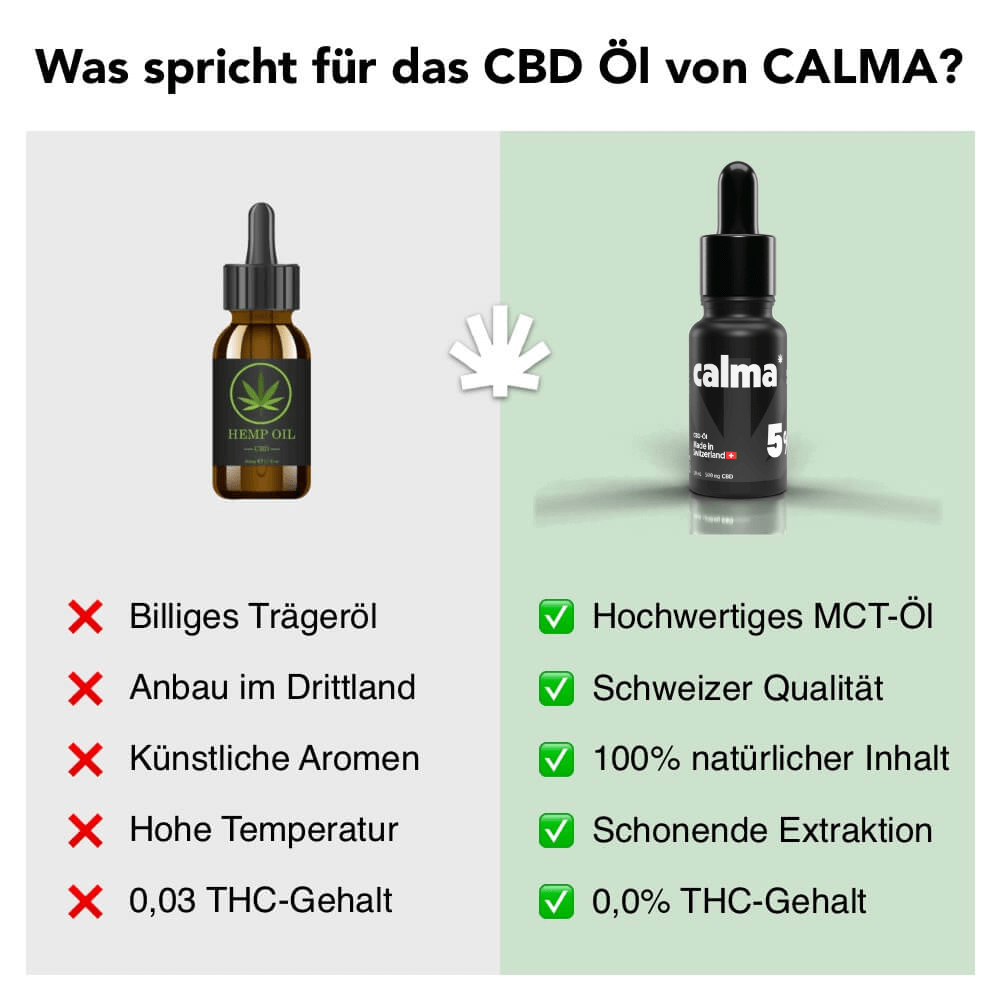
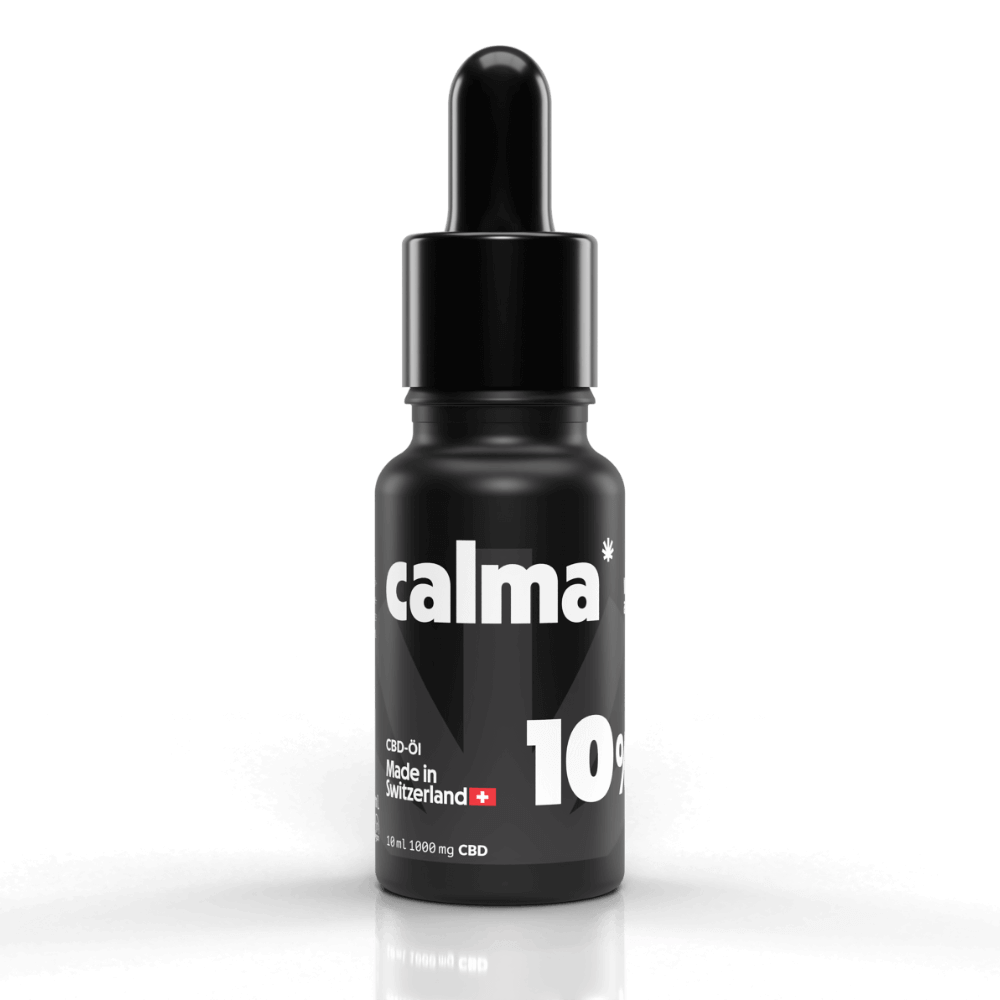
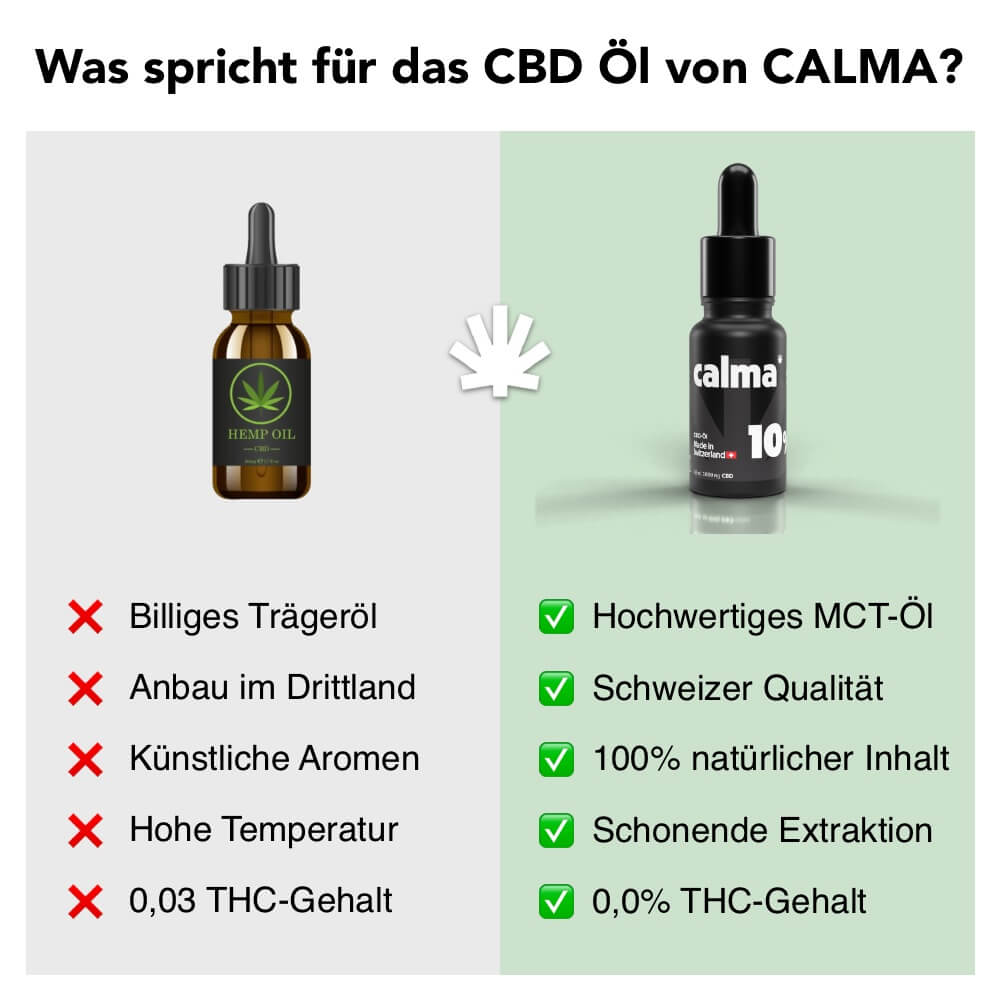
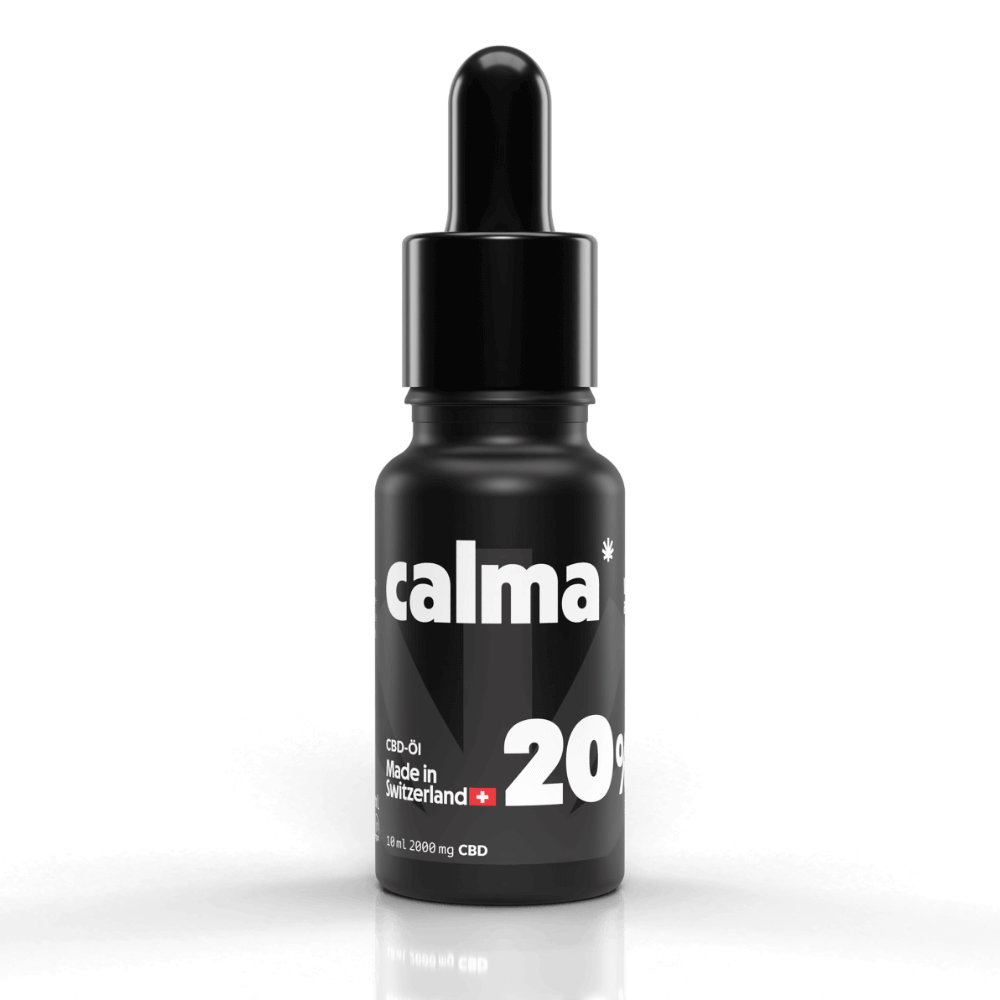
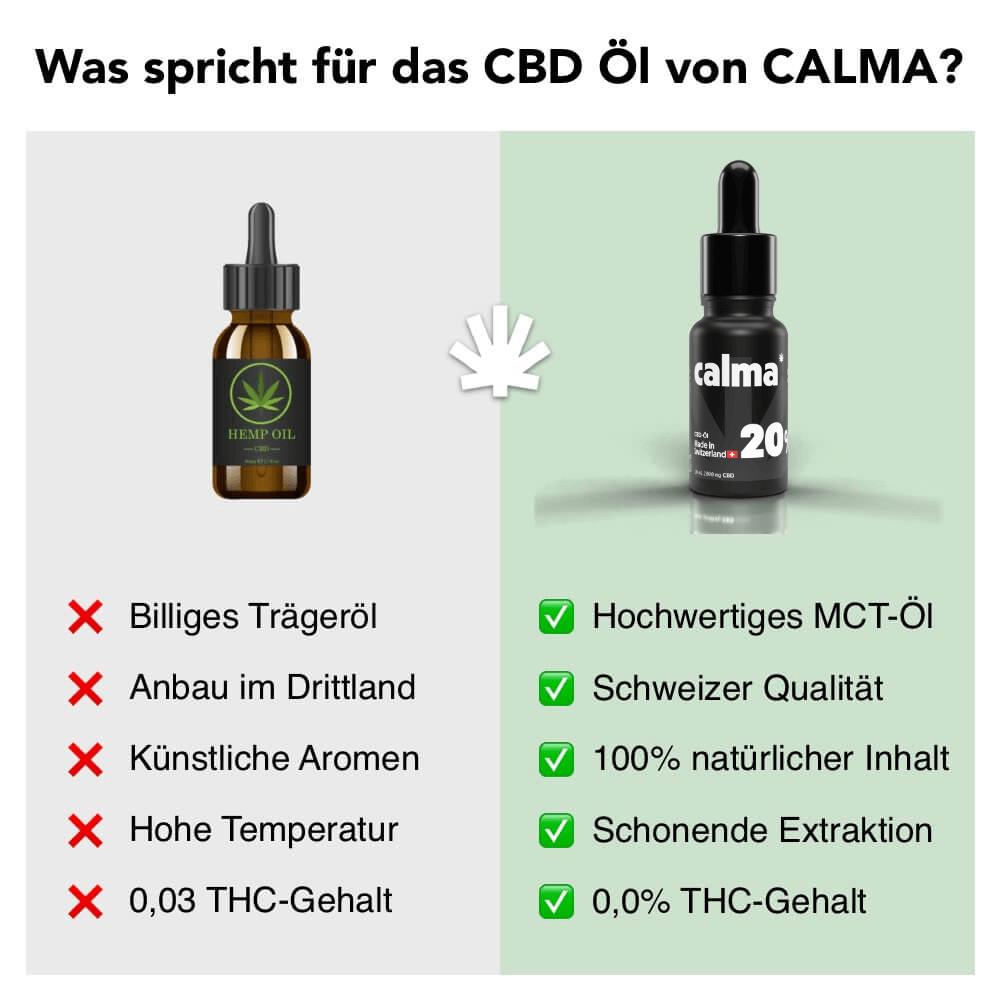
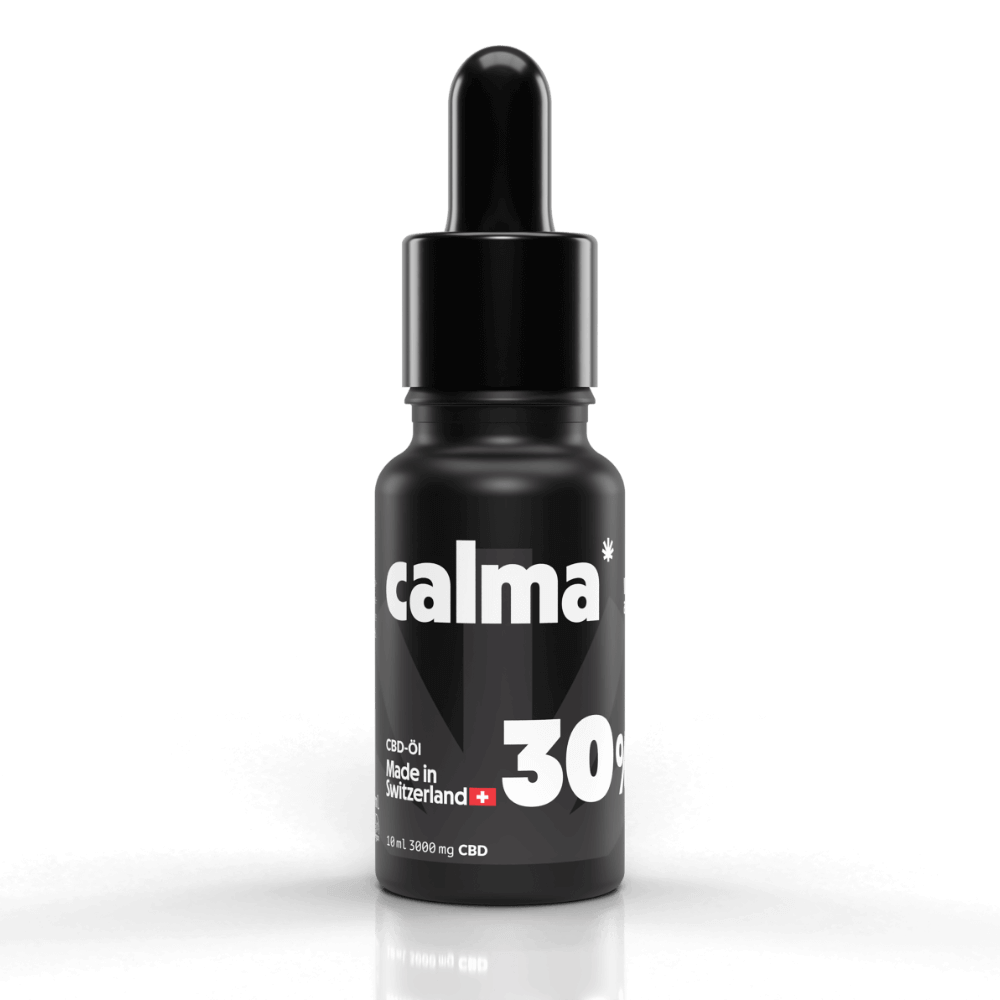
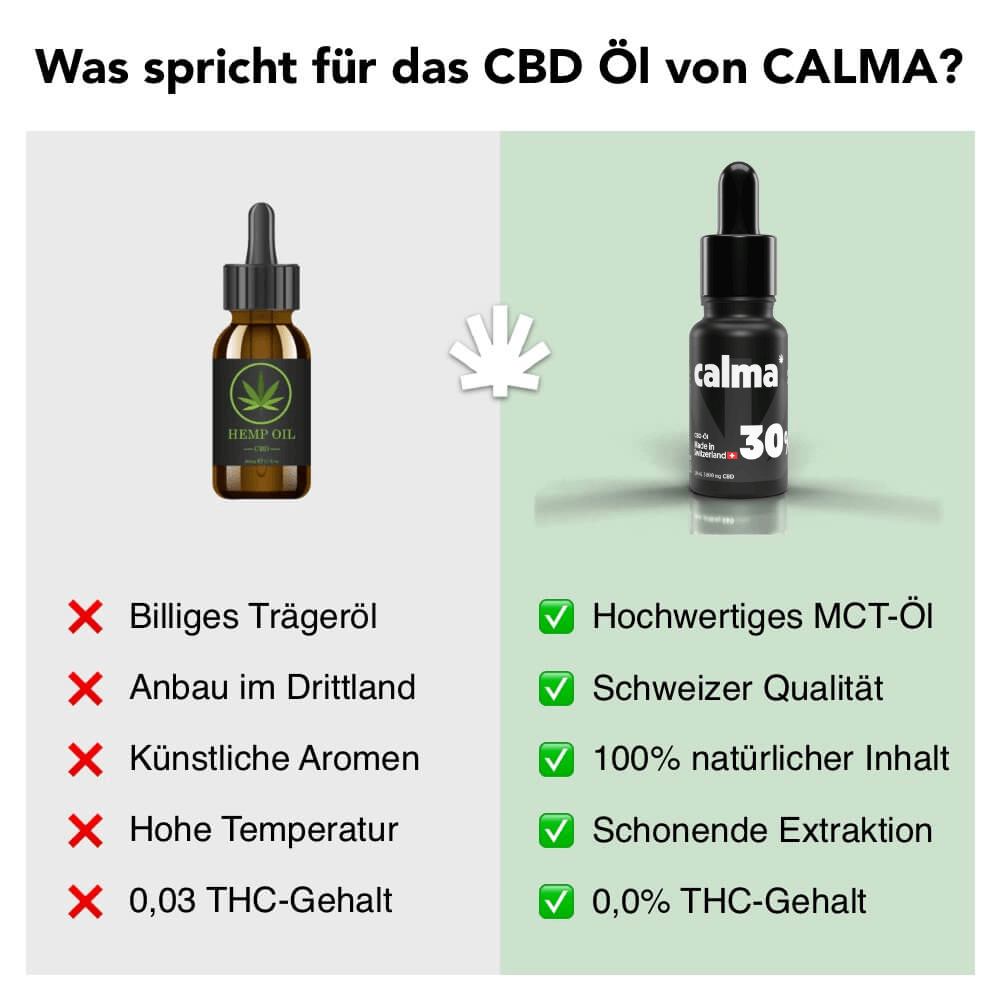
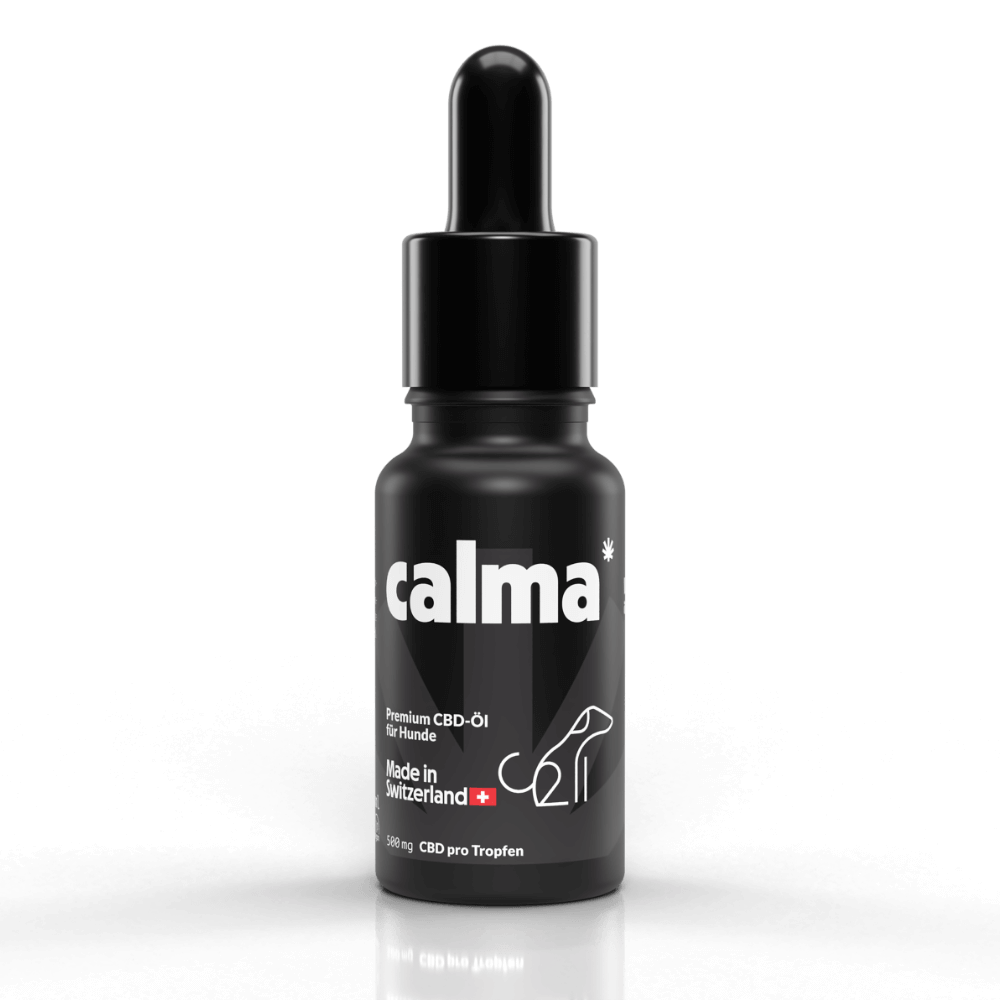
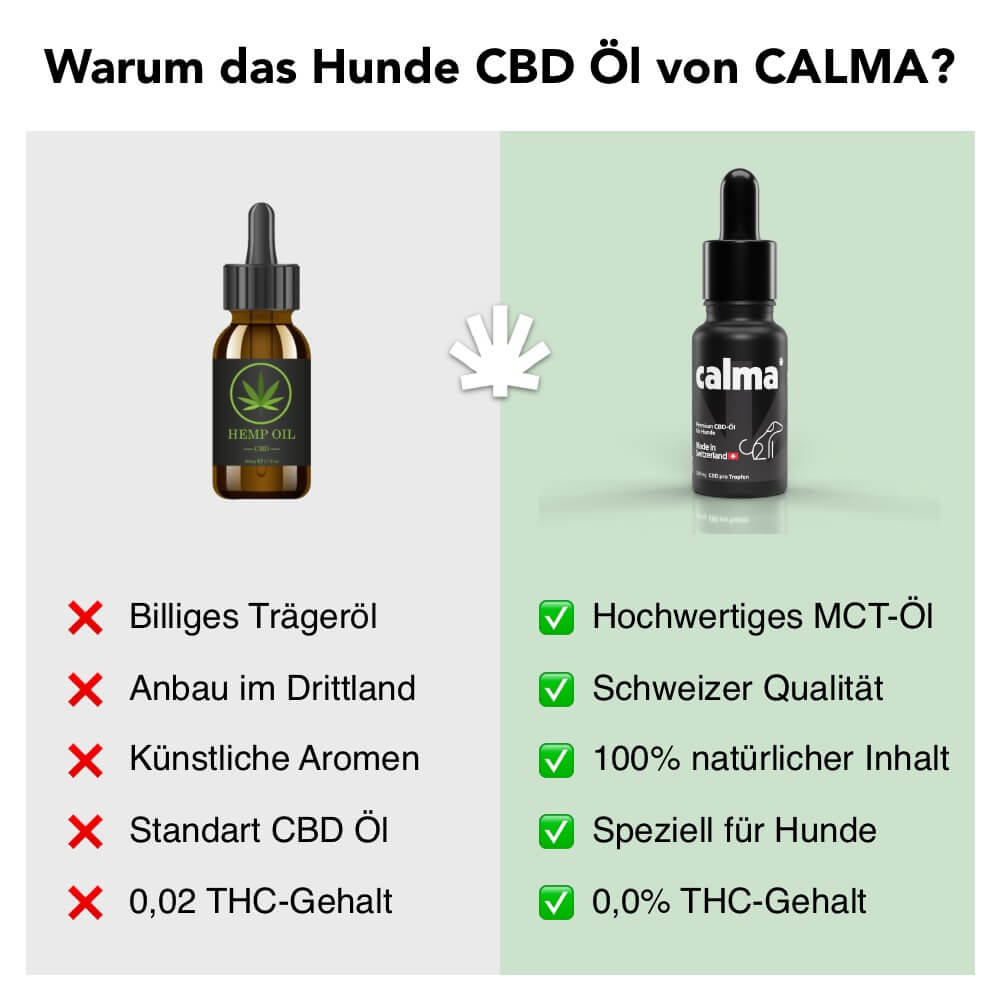
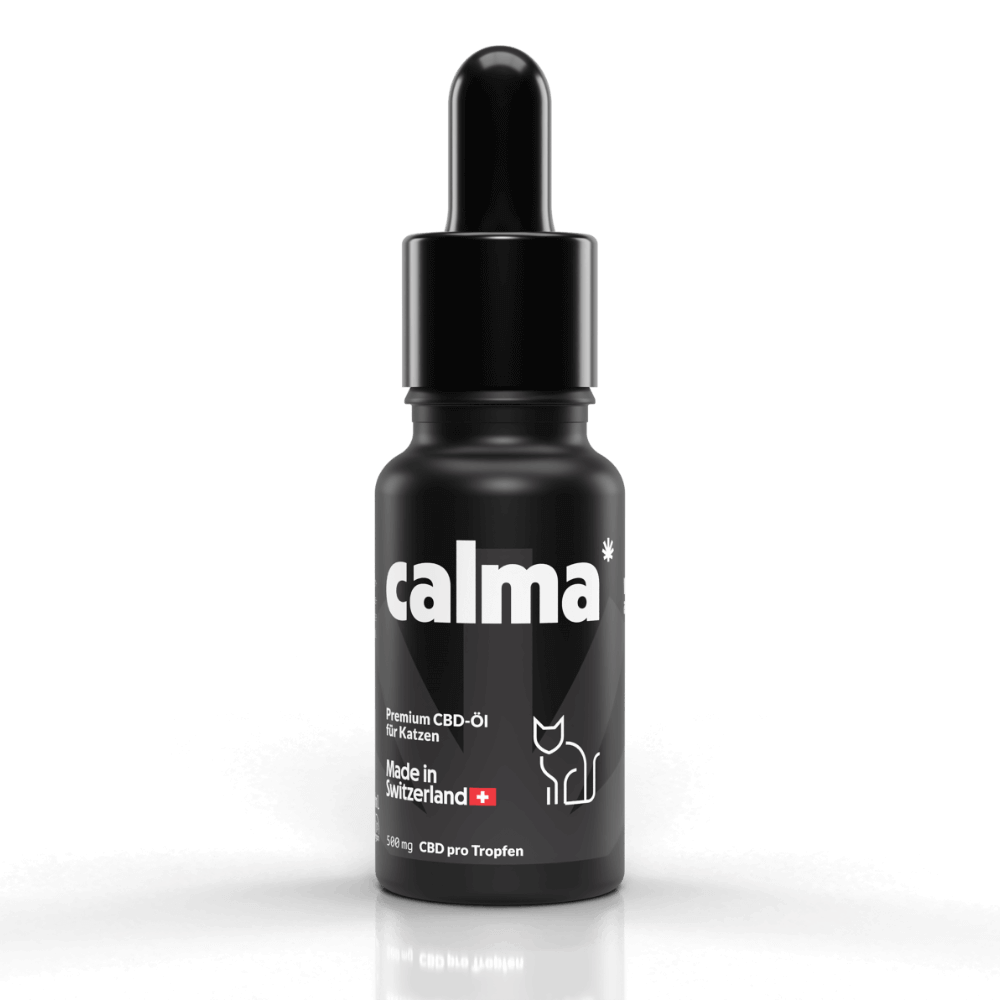
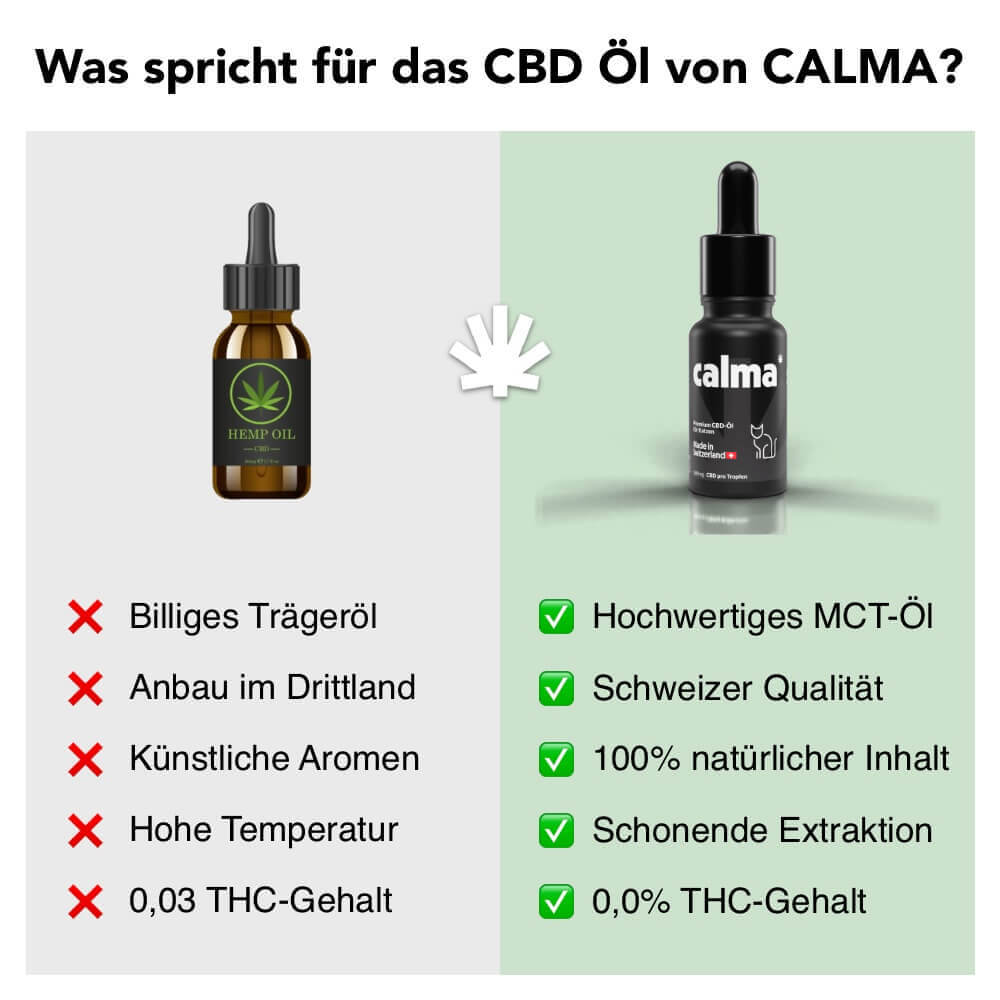
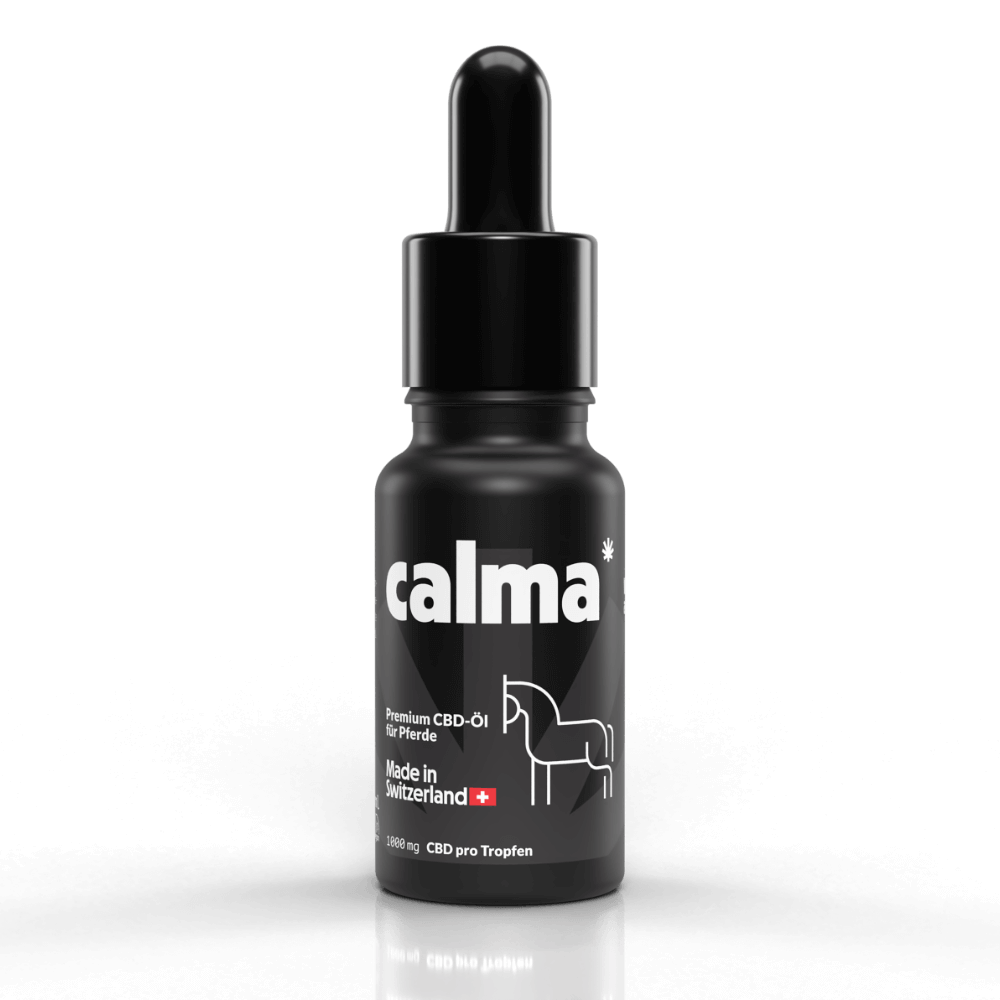
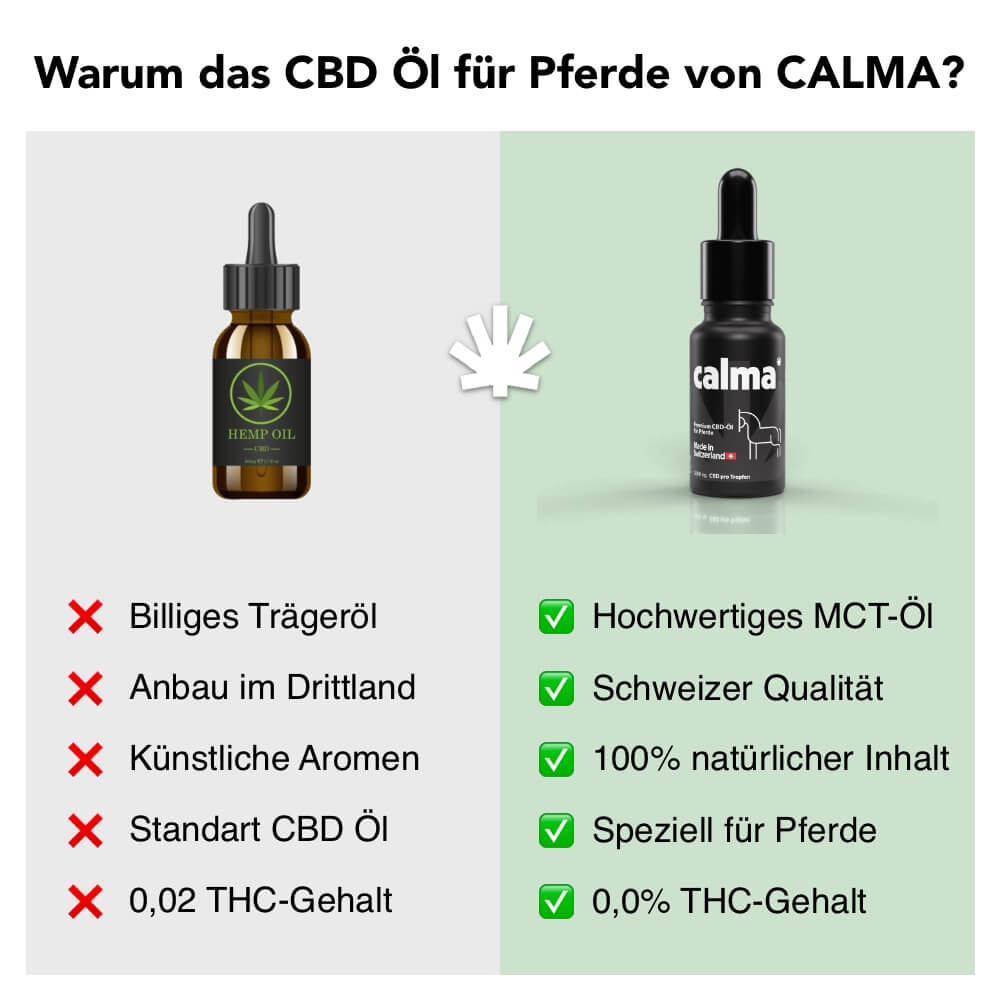
Leave a comment
All comments are moderated before being published.
This site is protected by hCaptcha and the hCaptcha Privacy Policy and Terms of Service apply.